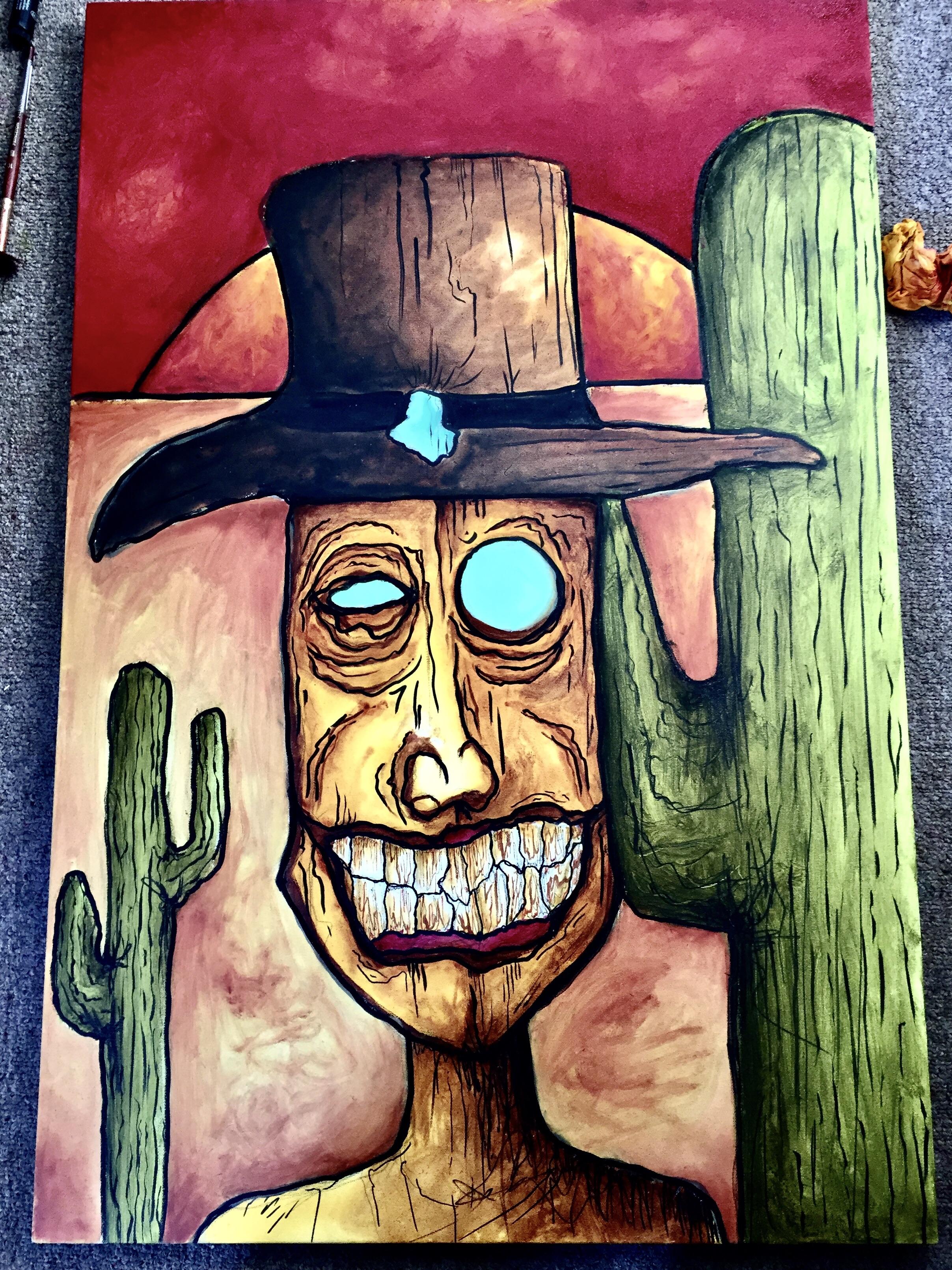I plan on going abroad in the coming year & want to know enough of the local language to ask basic things. Does anyone know something like 100 or 250 words that I could memorize to get across basic ideas & questions? I don’t care about being grammatical correct just enough to cave man speak during my time there.
You didn’t mention the language, it will be hard for people to answer.
- Hello
- Goodbye
- Please
- Thank you
- Yes
- No
- Excuse me
- Sorry
- Help
- What
- Who
- Where
- When
- Why
- How
- Which
- This
- That
- Here
- There
- I
- You
- He
- She
- We
- They
- My
- Your
- His
- Her
- Our
- Their
- Name
- Friend
- Family
- Food
- Water
- Eat
- Drink
- Need
- Want
- Love
- Like
- Dislike
- Buy
- Sell
- Open
- Close
- Day
- Night
- Morning
- Afternoon
- Evening
- Today
- Tomorrow
- Yesterday
- Week
- Month
- Year
- Happy
- Sad
- Hot
- Cold
- Good
- Bad
- Big
- Small
- More
- Less
- Many
- Few
- House
- Room
- Bathroom
- Kitchen
- Street
- City
- Country
- Language
- Number
- Time
- Money
- Price
- Left
- Right
- Straight
- Stop
- Start
- Work
- School
- Teacher
- Student
- Friend
- Help
- Beautiful
- Ugly
- Easy
- Difficult
- Open
- Close
This assumes the language in question follows the same rules as, in this case, English.
When
In many of the common uses of “when” in English. Mandarin (Chinese) as an example doesn’t use one word for that mixed idea of English’s “when”.
One common English usage of “when” would be substitute for literally “which time”. Or even more complicated, the Mandarin language has a word for the concept of a “completed action” where there is no single word in English that translates. While English may conjugate verbs to communicate when an event occurred or will occur, Mandarin skips this.
An English phrase like:
“I ate breakfast this morning” when conceptually translated to Mandarin, then literally translated back to English would be: “I eat breakfast. Finished. Today. In the morning.”
I’ve been told that the Finnish language uses something similar for time words (instead of conjugating verbs), but I don’t know if that’s accurate. If there’s a Finnish speaker reading this, I’d be interested in knowing if this is true.
Toki pona is a conlang meant to be a simple as possible, and has less than ~150 words. Might be useful to look at those “essential” words.
That…seems like a language i could learn, and could probably be taught in schools as a second language.
I feel like the only reason we use English as much as we do is tradition. Time to break tradition.
To be fair though, speaking as a fan of toki pona, it’s important to point out that it is far from a list of essential words, it’s intentionally not designed to be able to communicate a majority of essential concepts clearly. It’s designed to be able to communicate simple, positive concepts easily, but to require thought and ambiguity to communicate negative or complex concepts. It’s literally meant to make you have to think more positively.
For many European languages and some non-European ones there is the CEFR, so you could look for an “A1” or “A2” level language course in whatever you want to learn. They aim to establish exactly this basic level of communication.
That heavily depends on the language
And on the people doing the communicating.
And the complexity of the idea desired to communicate.
Five.
- Beer
- Taxi
- Restaurant/Food
- Train/Airport
- Hello
I prefer Sandi Toksvig’s method: if you only know one word, make it “hospital.”
Presupposes that you’ve used some of my other five words.
Reserves an Honourable mention, though.
Where is ‘abroad’? Many countries will speak English pretty well, so you may not need it depending on where you are. Any vocab book for that country will give you the basics if English isn’t commonly spoken
This might sound daft but I’ve traveled for years and literally found that mime, the more extravagant the better, works fine.
Agreed. It’s too difficult to learn phrases like “Help, I’m trapped in an invisible box” and “There is an unexpected rope here” in a new language.
I try to learn the following sentences in the language of a country I go to if I don’t know anything at all about that language:
- Hello, as polite as possible
- Goodbye, as polite as possible
- A beer please
- I’m sorry I don’t speak <language>: do you speak English?
I find this quite enough to strike up a conversation in most of the world. When people don’t automatically switch to English - perhaps because they don’t know it well enough - then I try another “universal” language like Spanish or French (universal mostly because of past colonialism, sadly). That implies speaking those languages of course.
If the locals won’t speak English because of a prejudice against English (mostly French-speaking regions) I don’t even bother with the “I’m sorry…” bit. I just let them figure out by themselves that conversation is going to be difficult.
If the locals are anti-Americans - very common, and getting more and more common - I affect a British accent. I wouldn’t fool a Brit for a New York minute but I’m convincing enough for a non-native English speaker to avoid being associated with the US.
I affect a British accent
Lower-effort life hack: wear a Canadian maple leaf prominently. Put a patch on your bags, get a baseball cap, wear a t-shirt. Project “Canadian” any way you can.
Canadian is much easier, because you don’t have to fake an accent.
I would. As much as I’ve tried, I can’t lose the Texan accent, I hate it because that’s totally not how I sound in my head.
Ez pz, you’re from Alberta. It’s the Texas of Canada.
but I’m convincing enough for a non-native English speaker to avoid being associated with the US.
That’s fucking brilliant.
I strongly recommend not talking to other humans, it never ends well. Have you considered a cat?
Dude. Dude? Dude! Dude…
The invention of language made a lot of people very angry and has been widely regarded as a bad move.
what is six times nine999999
The minimal amount of words to communicate is 0.
If you want to be functional in a new country, you’d need to figure out what kinds of things you want to say and how functional you want to be.
I plan on going abroad in the coming year
See world. Oceans. Fish. Jump. China.
Depends











